WBHRB GDMO Syllabus: The West Bengal Health Recruitment Board (WBHRB) conducts the General Duty Medical Officer (GDMO) recruitment exam to appoint qualified doctors in government healthcare facilities across the state. Candidates preparing for this exam should have a clear understanding of the WBHRB GDMO syllabus and the exam pattern to streamline their preparation.
WBHRB GDMO Syllabus
The WBHRB GDMO 2025 exam is designed to evaluate candidates in four main areas: Aptitude, General Knowledge, Reasoning, and Concerned Medical Subjects. While the medical subjects test your professional knowledge, the other sections give you a chance to show your problem-solving skills, awareness, and logical thinking. Focusing on all four sections thoughtfully will help you approach the exam with confidence.
WBHRB GDMO Syllabus Overview
Here’s a quick overview of the WBHRB GDMO 2025 recruitment to help candidates understand the key details at a glance.
| WBHRB GDMO Syllabus Overview | |
| Particulars | Details |
| Conducting Body | West Bengal Health Recruiting Board (WBHRB) |
| Post Name | General Duty Medical Officer |
| Department | Department of Health and Family Welfare |
| Total Vacancy | 1227 |
| Educational Qualification | MBBS |
| Selection Process | Written Exam and Interview |
| Official website | www.hrb.wb.gov.in |
WBHRB Medical Officer Syllabus 2025
The WBHRB Medical Officer Syllabus 2025 is designed to evaluate candidates across multiple areas, ensuring a balanced assessment of reasoning, numerical ability, general awareness, and professional medical knowledge. Focusing on each section thoughtfully will help aspirants prepare efficiently and confidently for the exam.
Biochemistry
- Basic Biochemistry
- Enzymes
- Chemistry and Metabolism of Carbohydrates
- Chemistry and Metabolism of Lipids
- Chemistry and Metabolism of Proteins
- Metabolism and homeostasis
- Molecular Biology
- Nutrition
- Extracellular Matrix
- Oncogenesis and immunity
- Biochemical Laboratory Tests
Pharmacology
- Pharmacology
- Clinical Pharmacy
- Clinical Pharmacology
- Experimental Pharmacology
- Communication (Pharmacology)
Pathology
- Introduction to Pathology
- Cell Injury and Adaptation
- Amyloidosis
- Inflammation
- Healing and Repair
- Hemodynamic Disorders
- Neoplastic disorders
- Basic diagnostic cytology
- Immunopathology and AIDS
- Infections and Infestations
- Genetic and paediatric diseases
- Environmental and nutritional diseases
- Introduction to haematology
- Microcytic anemia
- Macrocytic anemia
- Hemolytic Anemia
- Aplastic Anemia
- Leukocyte Disorders
- Lymph Node and Spleen
- Plasma Cell Disorders
- Hemorrhagic Disorders
- Blood Banking and Transfusion
- Clinical Pathology
- Gastrointestinal Tract
- Hepatobiliary system
- Respiratory system
- Cardiovascular system
- Urinary Tract
- Male Genital Tract
- Female Genital Tract
- Breast
- Endocrine System
- Bone and Soft Tissue
- Skin
- Central Nervous System
- Eye
Microbiology
- General Microbiology and Immunity
- CVS and Blood
- Gastrointestinal and hepatobiliary system
- Musculoskeletal system skin and soft tissue infections
- Central Nervous System infections
- Respiratory tract infections
- Genitourinary & Sexually transmitted infections
- Zoonotic diseases and miscellaneous
Forensic Medicine & Toxicology
- General Information
- Forensic Pathology
- Clinical Forensic Medicine
- Medical Jurisprudence (Medical Law and ethics)
- Forensic Psychiatry
- Forensic Laboratory investigation in medical legal practice
- Emerging technologies in Forensic Medicine
- Toxicology: General Toxicology
- Toxicology: Chemical Toxicology
- Toxicology: Pharmaceutical Toxicology
- Toxicology: Sociomedical Toxicology
- Toxicology: Environmental Toxicology
- Toxicology: Biotoxicology
- Skills in Forensic Medicine & Toxicology
Community Medicine
- Concept of Health and Disease
- Relationship of Social and Behavioural Factors to Health and Disease
- Environmental Health Problems
- Principles of Health Promotion & Education
- Nutrition
- Basic Statistics and its Applications in Health
- Epidemiology
- Epidemiology of Communicable and Non-Communicable Diseases
- Demography and Vital Statistics
- Reproductive maternal and child health
- Occupational Health
- Geriatric Services
- Mental Health
- Disaster Management
- Hospital Waste Management
- Health Planning and Management
- Health care of the community
- International Health
- Essential Medicines
- Recent advances in Community Medicine
General Medicine
- Heart Failure.
- Pneumonia
- Fever and febrile syndromes.
- Liver disease
- HIV
- Rheumatologic problems
- Hypertension
- Anemia
- Acute Kidney Injury and Chronic renal failure
- Diabetes Mellitus
- Thyroid dysfunction
- Common malignancies
- Obesity
- GI bleeding
- Diarrheal disorder
- Headache
- Cerebrovascular accident
- Movement disorders
- Envenomation
- Poisoning
- Mineral, Fluid Electrolyte and Acid base Disorder
- Nutritional and Vitamin Deficiencies
- Geriatrics
- Miscellaneous Infections
- The role of the physician in the community
Respiratory Medicine
- Tuberculosis.
- Obstructive airway disease.
WBHRB Medical Officer Preparation Tips
Cracking the WBHRB GDMO exam requires a well-planned strategy that covers both stages of the selection process. Here are some effective tips to help you prepare.
- Understand the Syllabus & Exam Pattern: Go through the WBHRB GDMO syllabus in detail and mark high-priority topics. Understanding the weightage of each section will help you allocate time wisely.
- Create a Study Schedule: Allocate suitable study time to each subject
- Regular Revision: Keep revisiting important concepts to retain knowledge.
- Attempts Mock Tests & Previous Papers: Simulate exam conditions by solving past papers and mock tests. Analyze mistakes and work on weak areas.
- Stay Consistent & Positive: Consistency in preparation is key. Maintain a daily study schedule and stay confident about your progress.

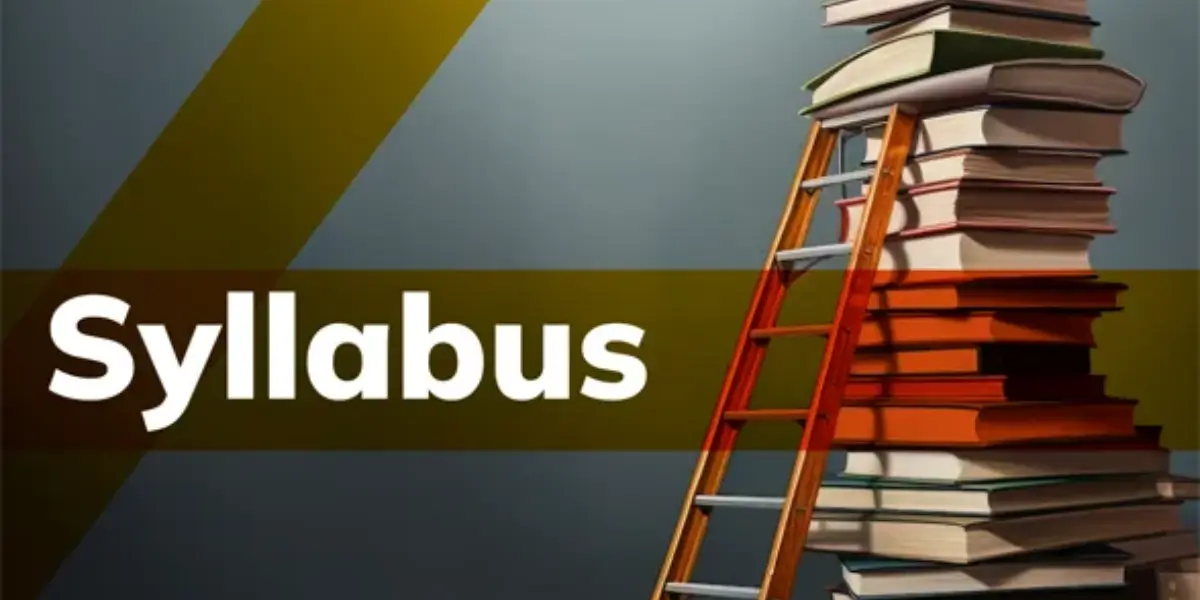

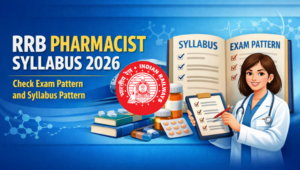 RRB Pharmacist Syllabus 2026, Check Exam...
RRB Pharmacist Syllabus 2026, Check Exam...
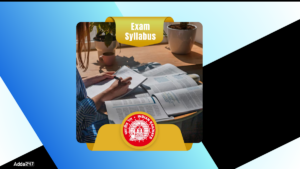 RRB Paramedical Syllabus 2026, Check Exa...
RRB Paramedical Syllabus 2026, Check Exa...
 RRB Staff Nurse Syllabus 2026, Check Exa...
RRB Staff Nurse Syllabus 2026, Check Exa...

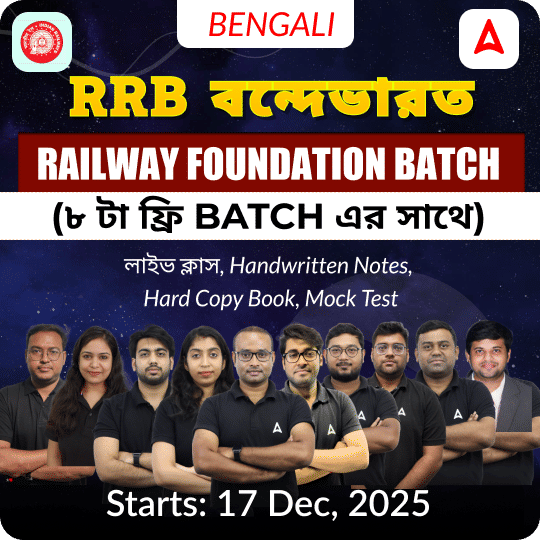
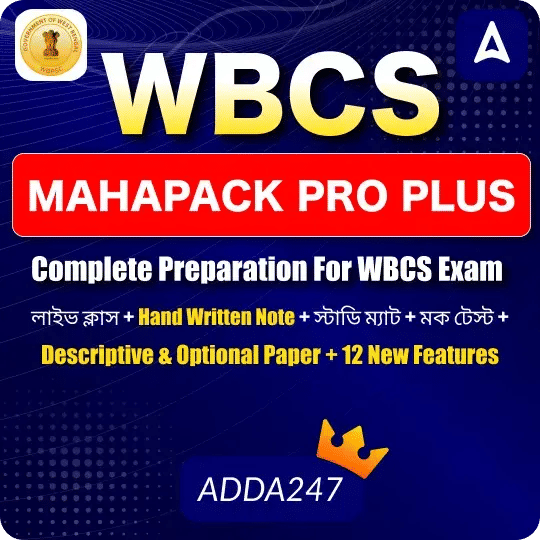


 Adda247 Job portal has complete information about all Sarkari Jobs and Naukri Alerts, its latest recruitment notifications, from all state and national level jobs and their updates.
Adda247 Job portal has complete information about all Sarkari Jobs and Naukri Alerts, its latest recruitment notifications, from all state and national level jobs and their updates.




